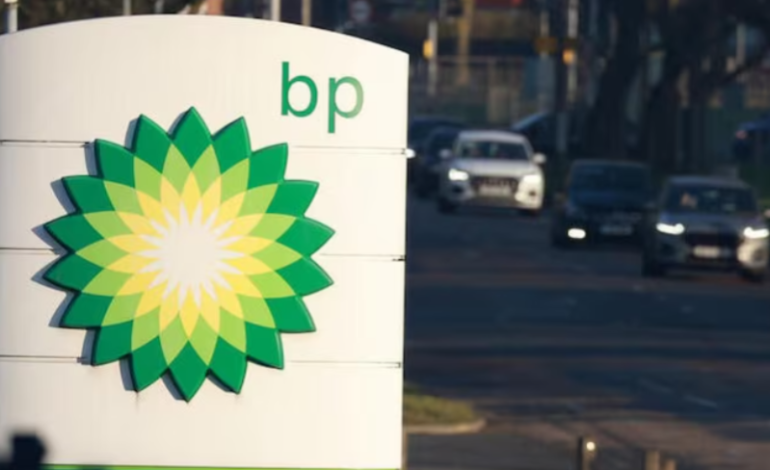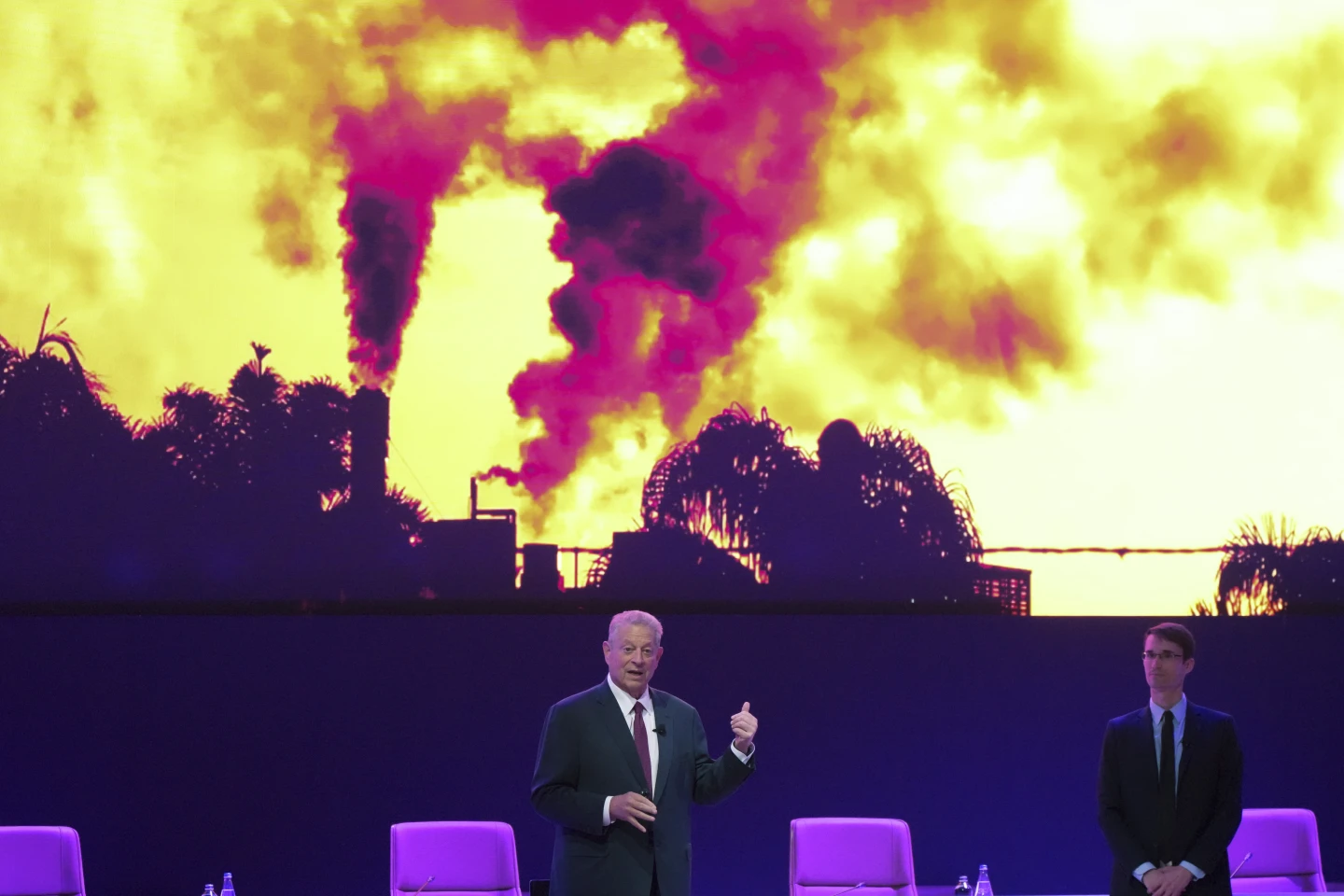BP Abandons Target to Reduce Oil Output, Shifts Strategy

- PublishedOctober 8, 2024
BP has decided to abandon its previous target of cutting oil and gas output by 25% by 2030, as the company’s CEO, Murray Auchincloss, re-evaluates its energy transition strategy to restore investor confidence, according to three sources familiar with the situation, Reuters reports.
Initially, BP had set an ambitious goal in 2020 to cut production by 40% while significantly increasing its renewable energy portfolio by the same year. However, this target was revised to a 25% reduction in February 2023, which would have resulted in production of around 2 million barrels per day by the end of the decade. This shift came as investors began prioritizing short-term returns over the broader energy transition.
The London-based company is now focusing on new investments in the Middle East and the Gulf of Mexico to increase its oil and gas production. Auchincloss, who became CEO in January, has faced challenges in stabilizing BP’s share price, which has lagged behind its competitors this year amid concerns about the company’s profitability under its current strategy.
Having previously served as BP’s finance chief, Auchincloss aims to differentiate his leadership style from that of his predecessor, Bernard Looney, who was dismissed for misleading the company regarding personal relationships with colleagues. Auchincloss’s strategy emphasizes returns and investing in the most lucrative sectors, particularly oil and gas, while maintaining the company’s commitment to achieving net zero emissions by 2050.
In a statement, a BP spokesperson confirmed that while the overall direction remains consistent, the approach will be simplified and more focused on value. Following the news, BP shares rose 0.8% by 0912 GMT.
Auchincloss is expected to reveal his updated strategy, which includes the removal of the 2030 production target, during an investor day scheduled for February. However, it appears that the decision to abandon this target has already been made.
This shift in strategy follows a similar trend at rival Shell, which has also reassessed its energy transition plans under CEO Wael Sawan, selling renewable energy assets and scaling back various projects, including offshore wind and biofuels.
Both BP and Shell have adjusted their strategies in response to heightened concerns over European energy security, a situation exacerbated by the price volatility resulting from Russia-Ukraine war. Despite BP’s previous investments in low-carbon initiatives and a significant reduction in its oil and gas exploration workforce since 2020, rising supply chain costs and interest rates have pressured the profitability of many renewable energy ventures.
Looking ahead, BP is exploring investments in three new projects in Iraq, including one in the Majnoon oil field. The company holds a 50% stake in the joint venture operating the large Rumaila oilfield, where it has been active for a century. In August, BP signed an agreement with the Iraqi government to develop and explore the Kirkuk oilfield, which will also involve the construction of power plants and solar facilities. These new agreements are expected to offer more favorable profit-sharing arrangements compared to historical contracts.
Additionally, BP is considering redeveloping fields in Kuwait and has confirmed its commitment to developing the Kaskida reservoir in the Gulf of Mexico, along with plans to green-light the Tiber field. The company is also assessing the possibility of acquiring assets in the productive Permian shale basin to further enhance its onshore operations in the US, where reserves have increased by over 2 billion barrels since 2019.
In May, Auchincloss announced a cost-saving initiative targeting $2 billion by the end of 2026, and recent months have seen a halt in investments in new offshore wind and biofuel projects. The number of low-carbon hydrogen initiatives has also been reduced from 30 to 10. Nevertheless, BP has acquired the remaining 50% of its solar power joint venture, Lightsource BP, as well as a 50% stake in its Brazilian biofuel business with Bunge.








